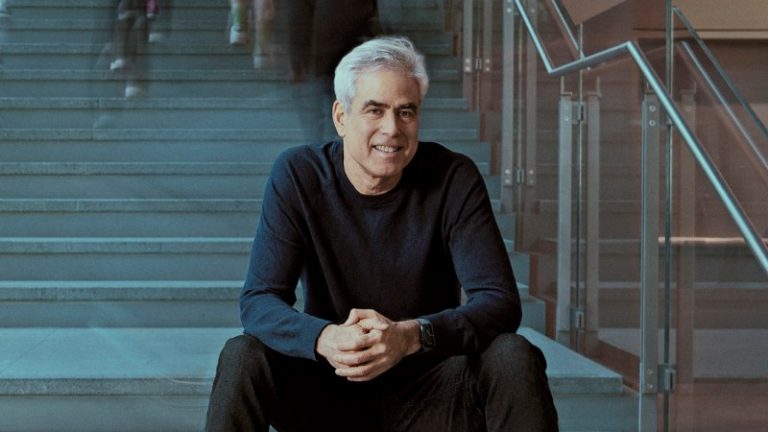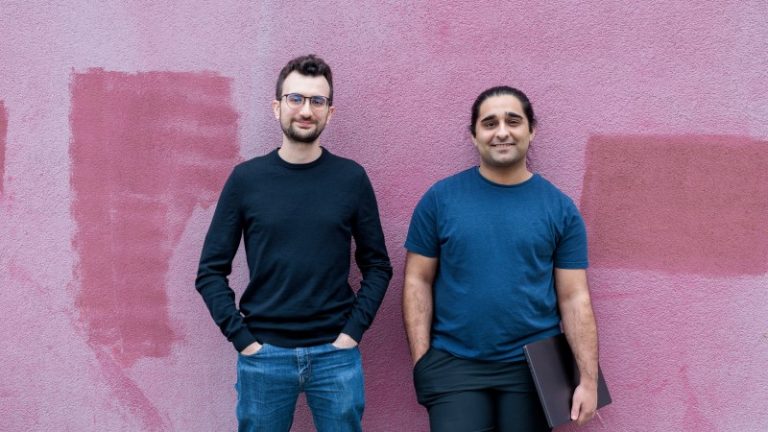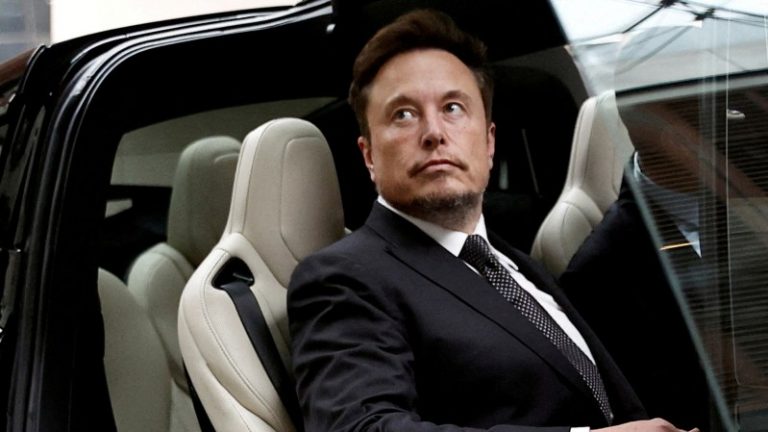With billions at stake, there’s all to play for in Fortnite app store fight
Saturday was like the World Cup for teenagers. As one mother joked, “There was just no one on the streets.” The reason? It was the Fortnite “Big Bang” party, a virtual festival headlined by Eminem and organised to coincide with the end of the computer game’s season.
It was the game’s biggest live event to date and a chance for Epic Games, developer of the wildly popular franchise, to show off what it can do. Players were whisked through different spaces when they ended up at the gig, with Lose Yourself being performed in front of a roaring virtual crowd, until the stage was ripped apart by a large hand as a giant virtual Eminem tore up a ruined city, singing Godzilla.
The event was so extraordinarily popular that the company’s servers couldn’t handle the flow of traffic and many disappointed children (and their grumpy parents) missed the avatar rapper’s short set.
One friend’s nine-year-old son woke up crying on Sunday morning because he was “never ever going to be able to buy the special edition Eminem skin” from the live event as he hadn’t managed to get in — and then cartwheeled around the house when he finally did. Children cancelled plans and parties to be at home and online, bedtimes were missed, and pocket money was transferred so they could buy enough V bucks (Fortnite’s currency) to make their purchases.
It is a sign of just what a cash cow the game has become, breaking its record with 45 million players in just one day. Even though it is free to play, it makes money through in-app purchases of “skins”— more than just virtual clothes, these are an expression of your digital identity — and a $9.99 “Battle Pass” that gives players access to more features. There are also adverts in the game, and it has contracts with the NFL and Lego.
Who says the metaverse is dead? “It is how I spoke to my nephew during Covid,” recalled Katie Cousins, who covers gaming for Shore Capital. “It is evergreen. It issues seasonal updates, like new maps, which keep players engaged and interested despite it being essentially the same game.”
Back in the real world, it is not all a walk in the park for the business. Epic laid off 800 people, or 16 per cent of its staff, a few months ago. Like all gaming businesses, it saw a surge during the pandemic when people were confined to their homes and then an inevitable drop-off.
Nonetheless, Fortnite has made £20 billion in revenue to date, according to its co-creator Donald Mustard. China’s Tencent saw its potential and bought a 40 per cent stake in Epic in 2012. And it could be more profitable still, depending on the outcome of a lengthy battle against Apple and Google over the fees they take on digital purchases through their stores.
Fortnite is also on mobile but its availability has been constricted since, in 2020, Epic accused Apple and Google of abusing their market power and was kicked off their stores for trying to bypass the 30 per cent transaction fee.
Sundar Pichai, Google’s chief executive, has said during the resulting court case that Google Play is like “a seatbelt” protecting people from malware. Epic portrays it as a tax and Tim Sweeney, its founder and chief executive, said that the impact of winning the case could be in the “billions” of dollars. Epic mainly lost its fight against Apple and is now in front of the US Supreme Court to try to get that verdict overturned. A verdict in its case against Google is expected next week.
Whatever the result, regulatory pressures are building on the big app store players. For the real outcome, perhaps we need to turn away from US courtrooms and look to the tough line Europe is taking on tech. The EU’s Digital Markets Act says the tech giants should have to allow alternative app marketplaces. Apple, according to Bloomberg, is set to mount a legal challenge.
Like Eminem’s show, it will shake up the computer game world.
Katie Prescott is Technology Business Editor of The Times






